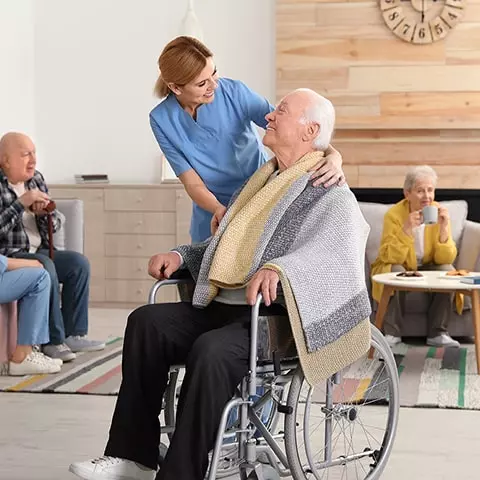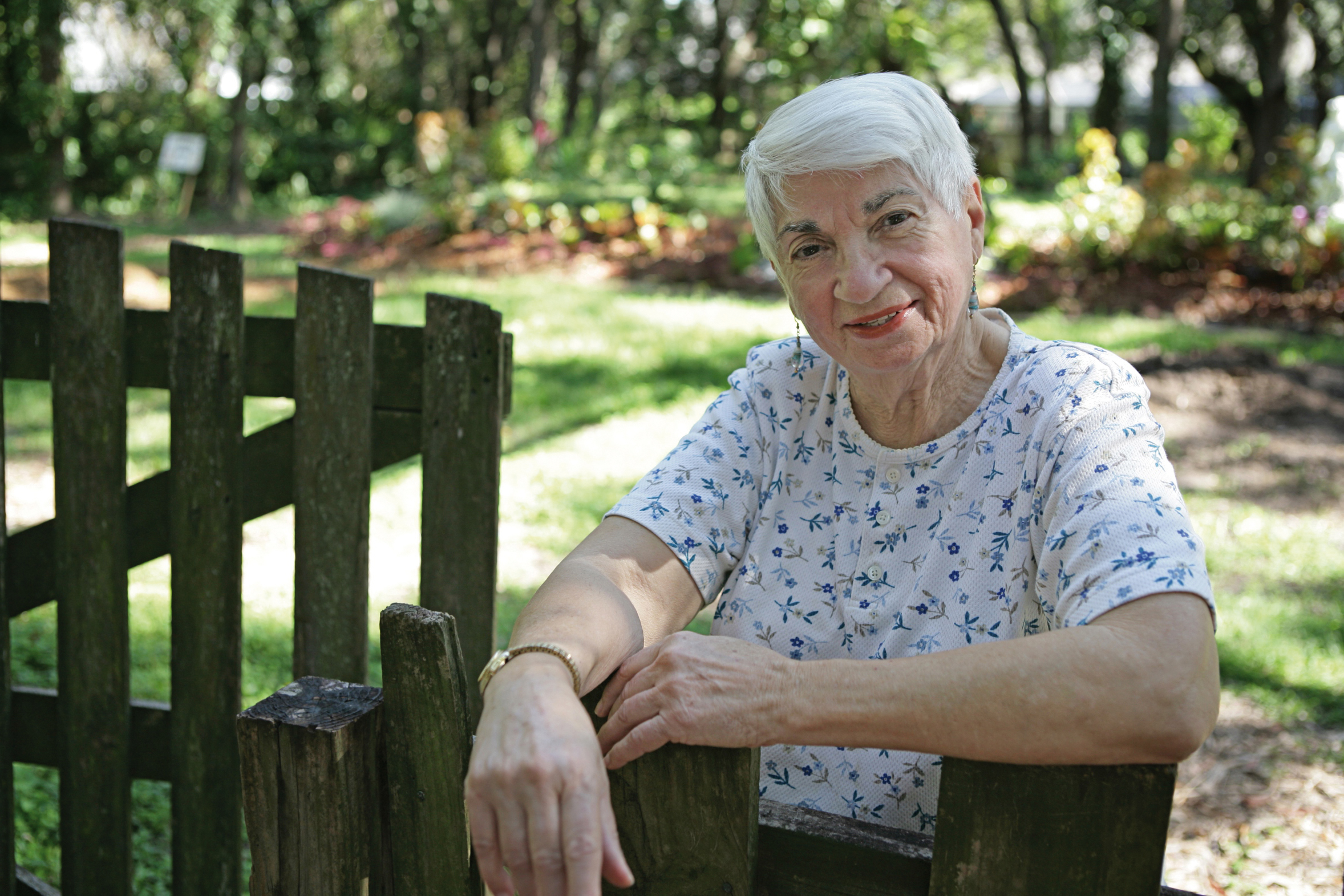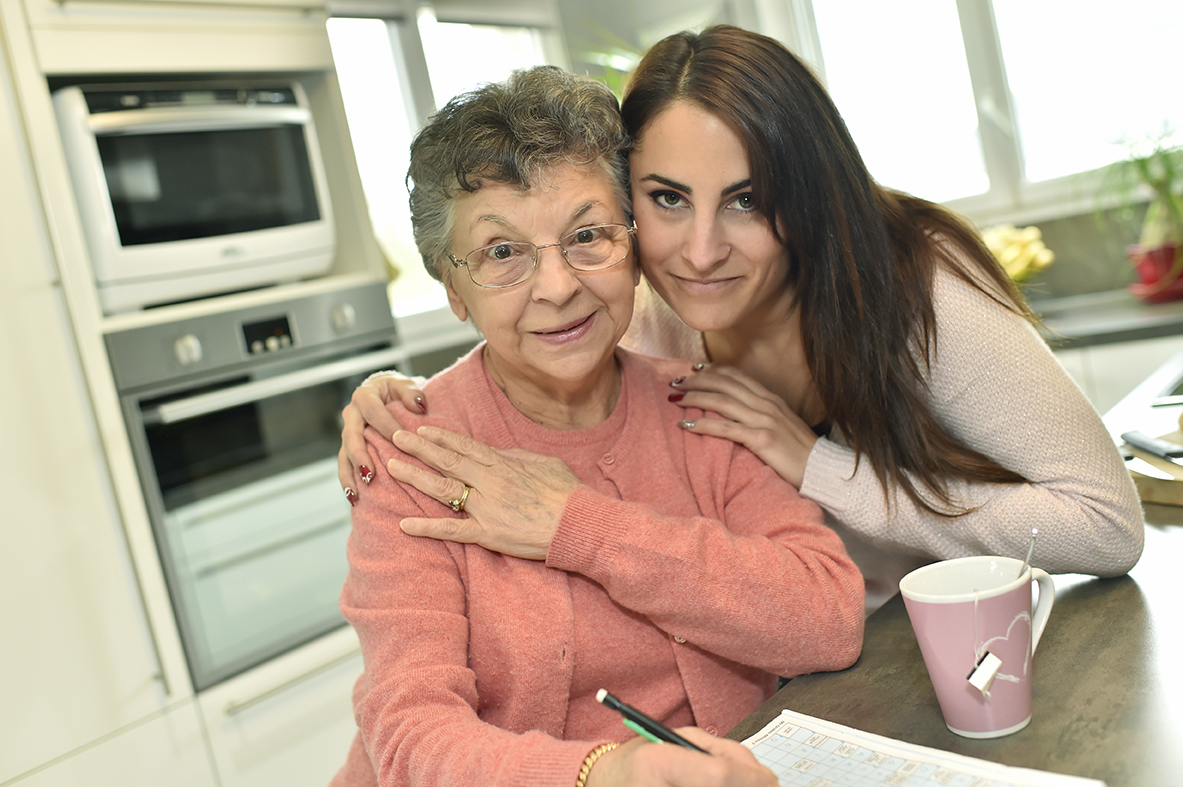
Panic attacks can be distressing for anyone, but when they occur in the elderly, they can be particularly concerning due to age-related health considerations. As caregivers or family members, it's essential to know how to respond effectively and help stop a panic attack in the elderly. In this article, we will explore strategies and techniques to provide quick relief and support for your loved ones.
Understanding panic attacks in the elderly
Panic attacks are sudden, intense episodes of fear or anxiety that can manifest with physical symptoms such as rapid heart rate, shortness of breath, sweating, and trembling. In the elderly, panic attacks may be triggered by a variety of factors, including health concerns, medication side effects, or stress related to life changes.
Remain calm and reassuring
Find YOUR ideal care home NOW!
The first step in helping an elderly person experiencing a panic attack is to stay calm yourself. Your composed demeanor can have a soothing effect on the individual. Speak to them in a reassuring and gentle tone, letting them know that you are there to help.
Find a quiet and comfortable space
Move the person to a quiet, comfortable environment, away from any potential stressors or triggers. Reducing sensory input can help alleviate anxiety during an attack.
Encourage slow breathing
Panic attacks often lead to rapid, shallow breathing, which can exacerbate symptoms. Encourage the elderly individual to take slow, deep breaths. You can model this by inhaling slowly through your nose and exhaling through your mouth. Breathing exercises can help regulate their heart rate and reduce feelings of panic.
Use grounding techniques
Grounding techniques can help the elderly person reconnect with the present moment and ease their anxiety. Encourage them to describe their surroundings, such as the color of the walls or the texture of an object in the room. This can help divert their focus from the panic.
Physical comfort and touch
Offer physical comfort through gentle touch or a reassuring hand on their shoulder. This can provide a sense of security and help the individual feel more grounded.
Distract and redirect
Engage the person in a conversation about a neutral or pleasant topic to divert their attention from the panic attack. Talk about a favorite memory, a hobby, or something they enjoy to shift their focus away from their anxiety.
Medication and medical attention
If the panic attack is severe or if it's a recurring issue, it's essential to consult with a healthcare professional. Medication or therapy may be recommended to manage panic disorder or anxiety. Ensure that they are taking any prescribed medications as directed.
Encourage a supportive environment
Create an environment where your elderly loved one feels comfortable discussing their feelings and concerns. Encourage open communication about their anxiety, and consider involving a therapist or counselor if necessary.
Techniques to Help Manage Panic Attacks
| Technique | How It Helps | Implementation Tips |
|---|---|---|
| Deep Breathing | Regulates oxygen levels and slows heart rate to reduce panic. | Encourage "4-7-8" breathing: inhale for 4 sec, hold for 7 sec, exhale for 8 sec. |
| Grounding Techniques | Helps shift focus away from panic symptoms to the present moment. | Ask them to name 5 things they see, 4 things they feel, 3 sounds they hear. |
| Reassurance & Support | Provides emotional security and helps them feel less alone. | Use calm, gentle words like “You are safe, I am here with you.” |
| Distraction | Redirects attention to positive thoughts or activities. | Engage in light conversation about hobbies, family, or happy memories. |
| Medical Consultation | Ensures underlying medical issues are addressed. | Consult a doctor if panic attacks are frequent or severe. |
Panic attacks can be a distressing experience for the elderly, but with the right approach, they can find relief and comfort. As caregivers or family members, your support and understanding are invaluable. By remaining calm, using calming techniques, and seeking professional help when needed, you can help your elderly loved one manage and overcome panic attacks, promoting their overall well-being and quality of life.
FAQ:
1. What causes panic attacks in the elderly?
Panic attacks in older adults can be triggered by health concerns, medication side effects, loneliness, past trauma, or environmental stressors.
2. How can I help an elderly loved one during a panic attack?
Stay calm, guide them through slow breathing exercises, offer reassurance, and remove them from stressful environments.
3. Are panic attacks more common in seniors?
Yes, aging-related anxiety, declining health, and social isolation can increase the frequency of panic attacks in seniors.
4. Can panic attacks be mistaken for a heart attack?
Yes, symptoms like chest tightness and shortness of breath can mimic a heart attack. Always seek medical evaluation to rule out heart conditions.
5. What are the long-term effects of untreated panic attacks in seniors?
Chronic panic attacks can lead to social withdrawal, depression, high blood pressure, and reduced quality of life.
6. Should elderly individuals take medication for panic attacks?
Medication can help in severe cases, but therapy, relaxation techniques, and lifestyle adjustments are also effective treatments.
7. How can I prevent panic attacks in an elderly loved one?
Encourage social interaction, create a relaxing environment, and support them with regular medical check-ups and therapy if needed.
8. Can panic attacks be linked to dementia?
Yes, panic attacks can sometimes be a symptom of early dementia or cognitive decline. Consult a healthcare provider for proper assessment.
9. Are breathing exercises effective for seniors experiencing panic attacks?
Yes, deep breathing techniques like the “4-7-8” method can help regulate their nervous system and reduce panic symptoms.
10. When should I seek professional help for an elderly person’s panic attacks?
If panic attacks become frequent, severely impact daily life, or are accompanied by extreme distress, professional medical evaluation is necessary.
We are here to help you choose a care home or facility best suited to your needs. Do not hesitate to contact us on the following number: 0230 608 0055 or fill out this form.
Do you need a care home for yourself or your loved one?
Search for Care Homes by Region
| East Midlands | Eastern | Isle of Man |
| London | North East | North West |
| Northern Ireland | Scotland | South East |
| South West | Wales | West Midlands |
| Yorkshire and the Humber |
Share this article :
Latest posts
You are looking for an establishment for your loved one ?
Get availability & prices
Fill in this form and receive
all the essential information
We would like to inform you of the existence of the opposition list for telephone canvassing.








.jpg)

